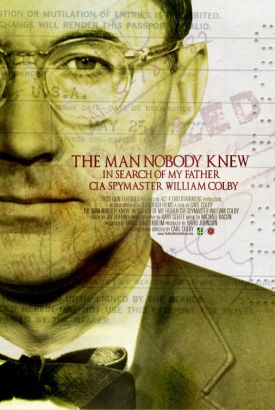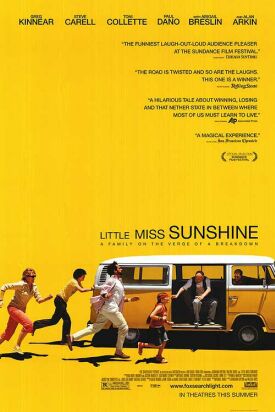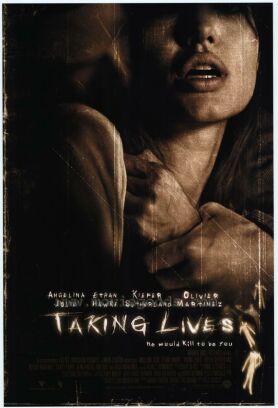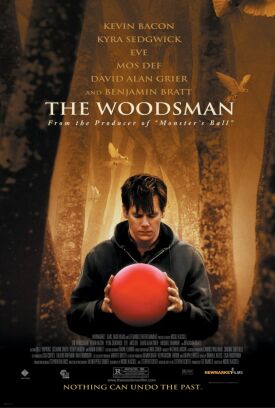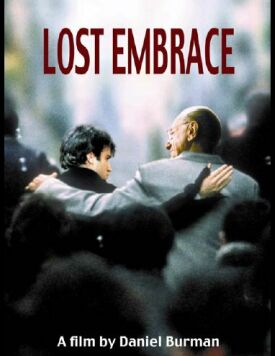Man Nobody Knew: In Search of My Father, C.I.A. Spymaster William Colby, The
One reason why Orson Welles’s Citizen Kane always comes top in critics’ picks of the best movies ever made in spite of its being, in my opinion, no more than middling good is that the critics are all journalists. By this I mean that they are more or less required by their trade to believe implicitly in that “Rosebud” moment that, to so many, gives the film its piquancy. Rosebuds everywhere, that is always the hack’s watchword. To a journalist, there is no such thing as a great man without a secret hidden away deep inside that will explain him. It must be so because it is the journalist’s job to root it out and so do the explaining. This view of the world is what ruined Dutch, Edmund Morris’s fictionalized biography of Ronald Reagan. Mr Morris simply could not get over his obsession with finding Reagan’s rosebud and, having failed to find it, he decided to make things up. Reagan’s real secret, however, was that there was no secret — or none that would “explain” a man who was exactly what he seemed to be, the same all the way through, like a stick of Brighton rock.
Such integrity is a scandal to the media mind, and justifies almost any attempt to deny that it exists or could exist. The Hollywood biopic is an offshoot of that media sensibility and it, too, depends on the assumption that the most interesting things about our public men and women belong to the private and hidden life their public personae may be supposed to conceal — as we may see in the fanciful biographical inventions indulged in by new movies about J. Edgar Hoover and Margaret Thatcher. For less famous figures, the documentary is the more appropriate cinematic vehicle, but even in documentaries we routinely see the same sort of media model of private secrets hiding behind the public persona, even when the secrets themselves are unknown. A good example is The Man Nobody Knew: In Search of My Father, C.I.A. Spymaster William Colby by Carl Colby. But if you think that a man’s son might be expected to cut his old dad a bit of slack, even a quarter of a century after his death, Mr Colby the younger is here to disabuse you.
“The man nobody knew”? Nonsense. I knew him. Or, at least, I knew dozens like him. They were men of the generation before mine who grew up with unquestioned faith in their God, their country and themselves and who were determined to do the right thing by all three even if it cost their lives or lives equally precious to them. Then one day in the 1970s they woke up and asked themselves what it had all been for. After Vietnam and Watergate, the American honor culture that had shaped them was dead and gone, and those who had lived according to its canons were being blamed for everything that was wrong in the country. Suddenly, it was the Me Decade and anyone who wasn’t living for Me and making the most of it was a sucker. Those who had been involved in the war in Vietnam in the belief that it was, as Reagan was to put it, “a noble cause,” were something worse.
Few of these men were subjected to more public abuse than William Colby, who got it from both sides. The CIA’s director of Operation Phoenix in Vietnam, he later became the agency’s director under Nixon and Ford just as the revelations of the Watergate affair were beginning to spill out. Colby was blamed by the left for Operation Phoenix and for running a spy agency they saw as corrupt and by the right for revealing to congressional inquiries the “family jewels” — that is, information about pre-Watergate buggings and assassinations — they thought should not have been revealed. “People would turn to me and say, ‘Your father was a murderer’,” says Carl Colby in voiceover. “My immediate reaction used to be, ‘You don’t know what you’re talking about.’ And then I’d find myself thinking ‘Was he? Who was he, really?’” Anyone who asks a question like that has already answered it in his own mind. Who was he, really? Someone who wasn’t who he seemed to be.
In one way, of course, this had to have been obvious all along. Carl Colby’s camera records his mother, Barbara, telling of how she was warned by her husband, when they were posted by the CIA to Italy in the 1950s, that she wasn’t to show that she knew some people they had spent the evening with the night before. “I didn’t know what role we were playing,” she says. “Who were we tonight? The family wasn’t really let in to this world of his. It was the CIA code of need to know.” She seems a little unhappy about her husband’s secretiveness even today. Carl is very unhappy about it. This is silly. What did they expect? Colby was a spy. Pretending to be someone you’re not is part of the job description, as is keeping your family from the knowledge of classified information, possession of which could put them in danger. The point of bringing it up, however, on the son’s part if not his mother’s, is to suggest that professional duplicity must have had some counterpart in personal duplicity, which would have been discreditable to his father — even though he still doesn’t know what the presumed discreditable secret was.
It is as if, to Carl Colby, his father’s keeping of the nation’s secrets could not be distinguished from his emotional distance from his family — which makes the viewer wonder how much emotional distance there really was. But this merely personal grudge is the real charge against him, and it is allowed to obscure the public record with which the film ostensibly intends to deal. At no point does Mr Colby the younger come out and say this, and on his father’s activities with the CIA he is mostly sympathetic, though there are some perhaps inadvertent visual suggestions that his father was involved in some of the more discreditable episodes of the war when he wasn’t. On the matter of Operation Phoenix as an alleged program of assassination he returns a verdict of “not proven.” But all that hocus-pocus about an alleged mystery, “the man nobody knew,” puts his personal grudge against his father into a position of greater importance than any question of his professional probity.
Colby’s Rosebud, according to his son, was guilt over the death of his daughter, Carl’s sister Catherine, who died in 1973 at the age of 24 after suffering from anorexia and epilepsy. His father’s regret that he was unable to do more for her is here inflated into the guilty secret that unlocks his mystery — even, perhaps, the mystery of his death in a boating accident in 1996. Others, especially Brent Scowcroft — who must have had something to do with President Ford’s replacement of Colby with George H.W. Bush in 1975 — profess to think that Colby was trying to expiate his own personal sins in Vietnam (whatever they may have been) with his too-forthcoming testimony before the Church Committee. In truth, however, he can have had little choice in the matter, as the film’s clips of his testimony and the abuse he endured for it from such demagogues and buffoons as Senator Frank Church and Representatives Ron Dellums and Otis Pike make clear. Though they also make for some of the movie’s most painful viewing, these scenes provide all the explanation we need for the mystery, if such it be, of his life after government service.
The worst thing Carl Colby says about William Colby is this: “I’m not sure he ever loved anyone; I never heard him say anything heartfelt.” Though they are doubtless heartfelt themselves, these statements cannot be true, even on his own showing, since he makes so much of his father’s love for and guilt about Catherine. They are simply his way of taking sides with the media consensus against his father and the pre-Watergate CIA. Without some such act of obeisance to the Rosebud party, he doubtless wouldn’t have been able to make this documentary. And who, after all, wants to go and see a movie in which one of the Vietnam-era “best and brightest” is defended and vindicated by, of all people, his son? A crypto-betrayal like The Man Nobody Knew makes for much more compelling cinema, at least in the media’s view. But that doesn’t mean that, when you come out of it, you will know any more about the spymaster’s secrets, if any, than when you went in.
Discover more from James Bowman
Subscribe to get the latest posts to your email.

